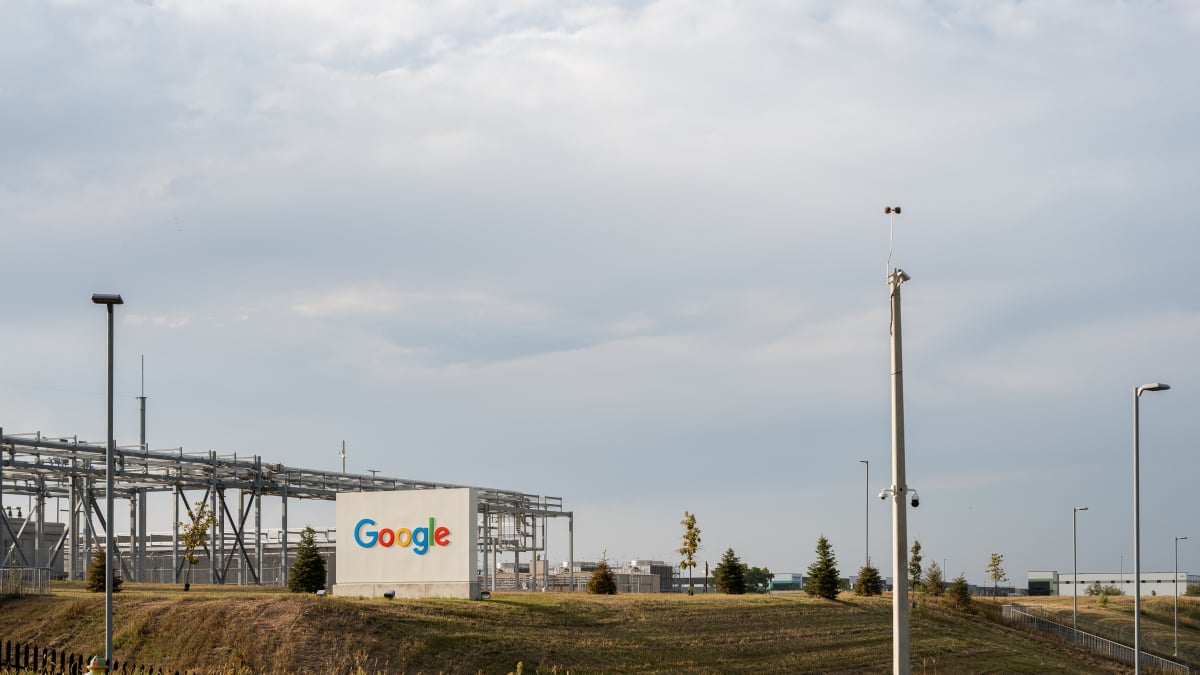
AI is demanding more and more energy for its immense processing needs, and while many of it’s leaders are addressing the climate concerns, others are letting artificial intelligence lead the way.
Ex-Google CEO Eric Schmidt is among the latter, for one. Appearing at a recent Washington AI summit, Schmidt argued that current climate goals should be abandoned in favor of a no-bars-held approach to AI investment. “All of that will be swamped by the enormous needs of this new technology,” said Schmidt, referring to recent efforts to make AI more environmentally friendly. “We may make mistakes with respect to how it’s used, but I can assure you that we’re not going to get there through conservation.”
Schmidt has his own AI investments, including the defense company White Stork, which is testing a new legion of AI-powered military drones. “We’re not going to hit the climate goals anyway because we’re not organized to do it,” Schmidt continued. “I’d rather bet on AI solving the problem, than constraining it and having the problem.”
The former executive served as the company’s lead from 2001 to 2011, during which time the company became “carbon neutral” for the first time. Since then, the tech giant has invested even more in its image as a climate-conscious company, eliminating its carbon legacy and planning to invest in the clean energy economy.
Prime Day deals you can shop right now
But Google has admitted its own climate goals (including net zero emissions by the year 2030) are farther off than they would like. The company’s 2024 sustainability report showed a 48 percent increase in total greenhouse gas emissions between 2019 and 2023, with the majority tied to larger processing demands beginning in 2022.
Last month, a report from the Guardian revealed that Big Tech’s emission stats are still likely off the mark, with true emission numbers obfuscated by what the industry refers to as “market-based” figures achieved by clever renewable energy certificate accounting. In the adjusted report, Amazon was an exponentially worse offender than any other company, with more than double the amount of emissions than the next player on the list. Google and Microsoft (which also saw a rise in emissions since 2020) stood out among the offenders for pledging to phase out the opaque system from its reporting process.
As many AI executives, like OpenAI’s Sam Altman, race toward sustainable energy options for AI, others are doubling back to fossil fuels to meet the present demand. Meanwhile some, including several of tech’s biggest names and Microsoft itself, are exploring the potential of nuclear energy to match both the speed of AI investment and its demands on the energy grid.
Topics
Artificial Intelligence
Google
